Understanding Dermatological Problems: Common Skin Issues and Treatments
Introduction
It not only covers every part of the body but also prevents pathogens from entering the body and gives a hint of one’s general condition. It shields the body from our environment, controls temperature, and contains a large number of sensory receptors, which help us feel. Regardless, skin is not invulnerable, or devoid of issues, though it can be quite sturdy. Skin conditions can be present in everybody regardless of their age, gender or race, and can vary from mild to severe. but are rather useful for understanding some general dermatological issues, their origins, and certain methods of their treatment
1.Acne

Acne is the most common disease in dermatology, not only in pre-teenagers but also In adolescents And, in many cases, doctors prescribe antibiotics, especially topical (and environmentally dangerous) medication to treat the disease.The root cause of acne is the blockage of the hair follicles due to accumulation of oil and dead old skin cells, which, when excreted through the follicle duct, is the main cause of blackheads and whiteheads, often associated with pimplesIn addition to this, hormones and genetics could be another factor.In the case of getting the condition, the most common treatment would be a cream applied topically, sometimes antibiotics, although in severe cases, such as an effect of Lyme diseases, doctors would prescribe oral topical intake.
2 Eczema

Eczema, also known as atopic dermatitis, is a long-term inflammatory skin conditionthat presents as extremely itchy, red patches of rash. It is partially genetic and involves an autoimmune component Eczema usually responds to the above, combined with good moisturisation and avoidance of triggers, sometimes needing prescription corticosteroid cream and/or tablets to resolve.
3 Psoriasis
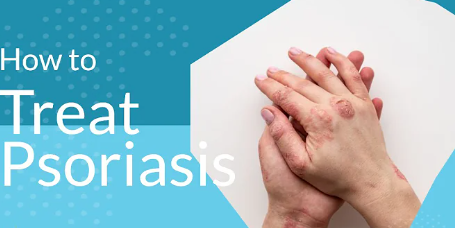
is an autoimmune skin disease, characterised by a rapid turnover of skin cells. It results in well-demarcated scaly, itchy and inflamed plaques on the skin. It is strongly genetic, and is treated topically, by phototherapy, or with systemic medications.
4 Dermatitis
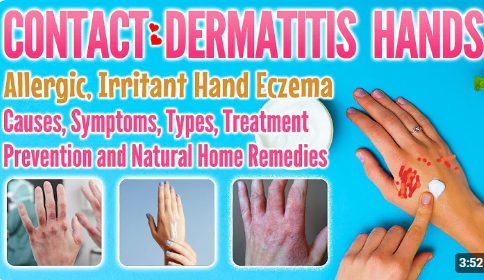
Dermatitis is just the general term for inflammation and irritation of the skin; contact dermatitis is caused by allergen or irritant contact with the skin, and atopic dermatitis (eczema) is chronic is also usually related to problems with your immune system. Either way, you can help manage your symptoms by avoiding environmental triggers for your irritation, using gentle skincare products, and sometimes taking antihistamines.
5.Rosacea
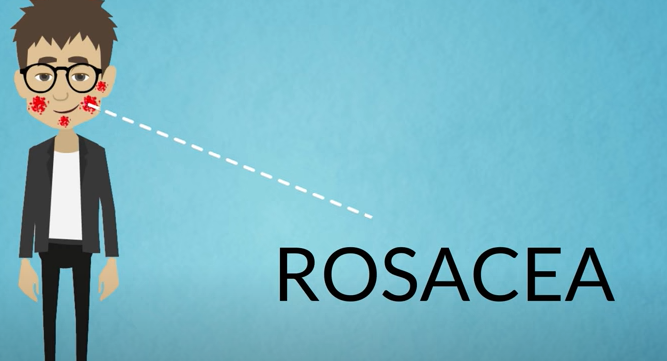
Rosacea is a skin condition characterized by redness and flushing of the face.
Rosacea is a skin issue that results in redness and noticeable blood vessels on the skins surface and can sometimes result in red bumps filled with pus similar, to acne.The exact cause remains uncertain; however genetic predisposition,sun exposure and dietary choices are believed to worsen the condition.Treatment options involve using either oral antibiotics,laser treatments and making adjustments, to ones habits.
6. Hives
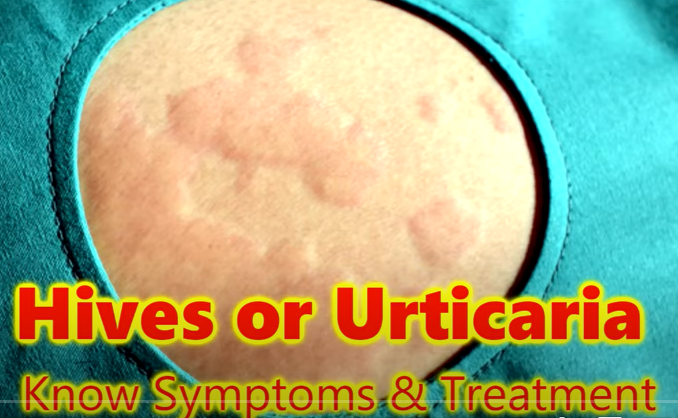
Raised and itchy welts known as hives or urticaria can emerge abruptly. Fade away, within a matter of hours or days triggered by allergies stress infections or autoimmune responses Over the counter antihistamines can offer relief while pinpointing and steering clear of triggers is crucial, in handling hivs.
Fungal Infections
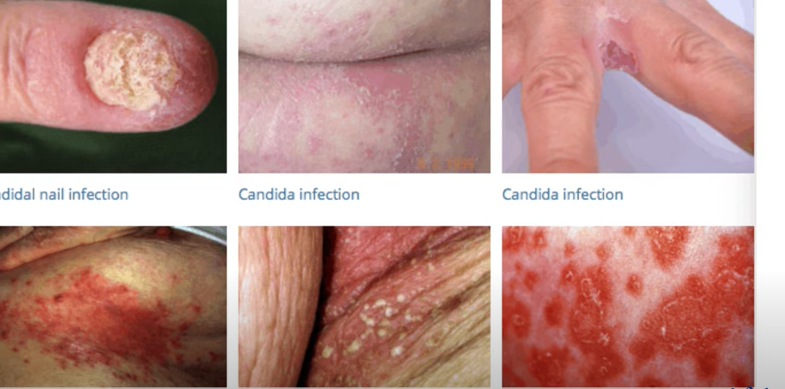
Athletes foot and ringworm are conditions caused by infections that can affect the skin,nails or hair.They thrive in environments. Are typically treated with creams,powders or oral medications. 8. Skin Cancer
Skin cancer is an issue, in dermatology that usually results from spending much time in the sun. Recognizing it early is key to treatment. Checking your skin regularly. Visiting a dermatologist can help spot any moles or marks. Surgical removal and treatments like chemotherapy or radiation are methods, for treating skin cancer.
conculusion
Dermatological issues can vary from mild annoyances to severe life-threatening conditions. However, for some of the conditions and circumstances, which take a bit far more than just at-home cure or OTC drugs (like prescribed grade topicals), one may have landed to opt for skin issues treatment in Singapore from some dermatological experts. If you are threatened by any type of skin problems, it is spic and span to consult a skin specialist for an interim verdict and must have the essential conversation regarding the ways in handling it or curing it personally. Further, preventive skincare — including judicious sun protection and a healthy lifestyle — can help forestall many skin conditions and maintain skin well-being over the course of an individual’s lifetime.
Frequently Asked Questions/ FAQs
https://www.niams.nih.gov/health-topics/skin-diseases
1. So What Skin Diseases Are the Most Common?
Few skin symptoms are acne, eczema, psoriasis, dermatitis and roseasia as well as fungal infections. It touches young and old, it does not matter what status, or kind people are.
2. Which one is the best treatment for skin?
However, on the following we will pay attention to a number of skin disorders type and how you can cure it best. Topical agents (creams and ointments), oral medications, lifestyle modifications or in some cases procedures like laser therapy are other treatment options. All treatments are to be individualised according to the expert opinion of a skin-specialist/ dermatologist.
3. Top 10 skin diseases?
The top 10 skin diseases are:
Acne
Eczema (Atopic Dermatitis)
Psoriasis
Rosacea
Contact Dermatitis
Ringworm — Fungal Infections
Warts
Melanomas and Other Skin Cancers
Hives (Urticaria)
Vitiligo
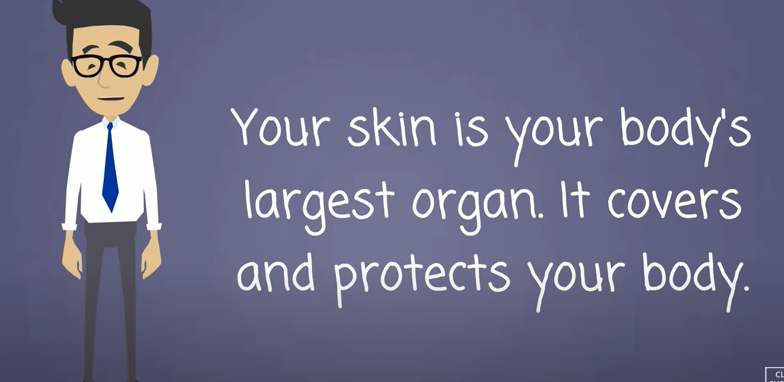


Post Comment